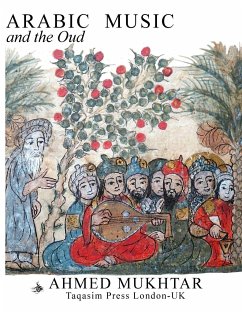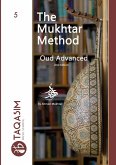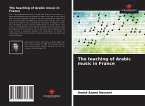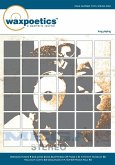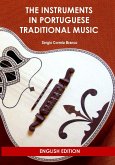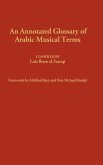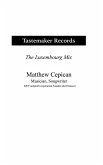Many books have been written on the subject of Arabic music, most of them by Western authors who presented the subject from a Western perspective with no knowledge of Arabic music other than from theories reported by authors relying mainly on other Western and often inaccurate sources. Ahmed Mukhtar's book is most important because, precisely, it narrates his account of Arabic music, and especially oud music, from the perspective of an accomplished oudist and composer who has received his knowledge principally from oral transmission which sometimes conflicted with historiography. However, oral transmission is a fundamental epistemological tool of Arabic culture of which the West is suspicious. I have often heard stories about early Arabic music by musicians from Damascus, to Baghdad, to Fez which I often disdained as tales but then, decades later, I found out that they were supported by manuscripts. In a land which commits its Holy Book to the memory of the Hafiz, is it not reasonable to assume that the history of music, too would have been committed to orality? Western musicology should revise their views about the transmission of Arabic theory and rely on probability rather than on subjectivity. Was it not Farmer who said that the Arabs had a lute twice the size of the normal type? I never heard such a story from the mouths of any Arab musicians...
Hinweis: Dieser Artikel kann nur an eine deutsche Lieferadresse ausgeliefert werden.
Hinweis: Dieser Artikel kann nur an eine deutsche Lieferadresse ausgeliefert werden.

